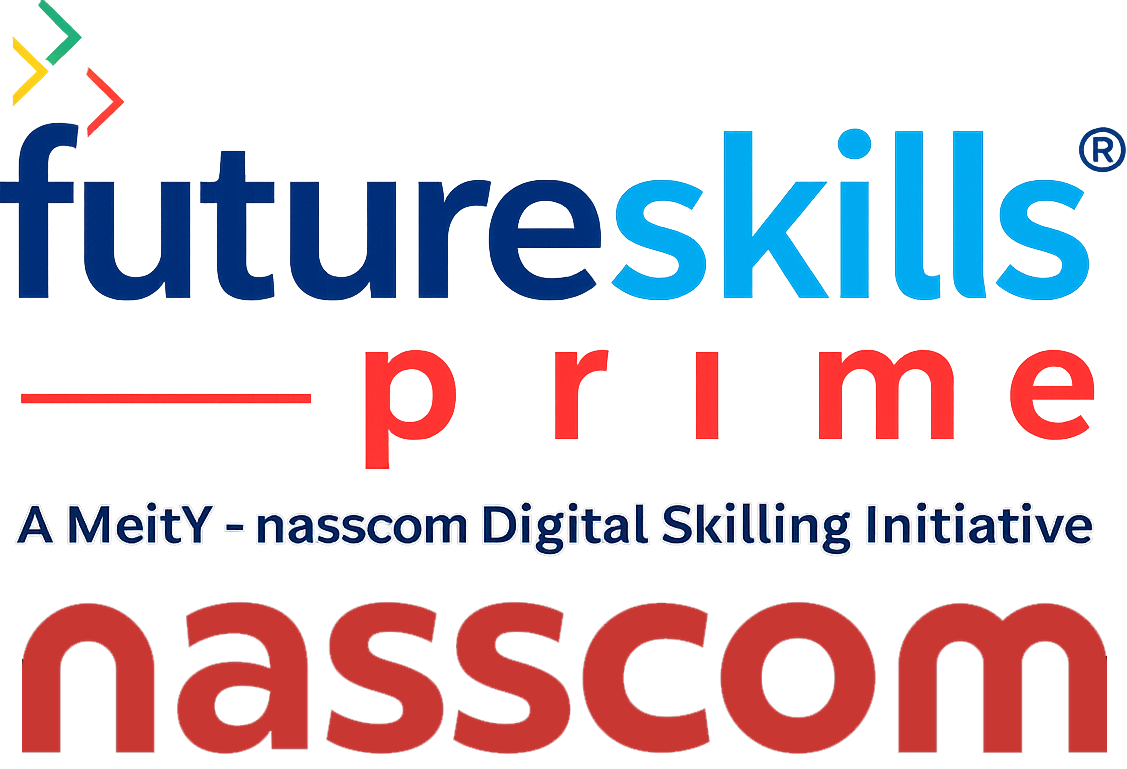In today’s fast-paced and highly competitive technological landscape, organizations are constantly seeking ways to deliver software faster and more efficiently. This has led to the rise of DevOps, a collaborative approach that bridges the gap between software development and operations. DevOps engineers play a crucial role in implementing and managing this approach, ensuring seamless integration and delivery of software products. If you aspire to pursue a career in DevOps, this article will serve as your comprehensive guide, outlining the essential skills, educational background, and tools necessary for success.
A DevOps engineer is a professional responsible for aligning development and operations teams to achieve continuous software delivery. They possess a unique skill set that combines expertise in software development, system administration, and automation. DevOps engineers are proficient in various tools and technologies that facilitate efficient collaboration, automate workflows, and enable rapid deployment.
Growing Importance of DevOps
The increasing adoption of DevOps practices by organizations of all sizes highlights the importance of this approach in the modern tech industry. By fostering collaboration, improving communication, and promoting automation, DevOps streamlines software development processes, leading to faster delivery, higher quality products, and improved customer satisfaction. As businesses strive to meet market demands and stay ahead of the competition, the need for skilled DevOps engineers continues to grow.
Skills Required for a DevOps Engineer
To become a successful DevOps engineer, a combination of technical skills and soft skills is required. Let’s explore each of these areas in detail.
Technical Skills
Programming Languages: Proficiency in at least one programming language such as Python, Ruby, or Go is essential for a DevOps engineer. This enables them to write automation scripts, develop tools, and integrate different systems.
Scripting Languages: Familiarity with scripting languages like Bash or PowerShell is crucial for automating routine tasks, managing configurations, and orchestrating deployments.
Soft Skills
Communication: Effective communication skills are vital for a DevOps engineer to collaborate with cross-functional teams, articulate ideas, and present solutions.
Problem-solving: A strong problem-solving aptitude helps DevOps engineers troubleshoot issues, identify bottlenecks, and devise efficient solutions.
Adaptability: Given the dynamic nature of DevOps, being adaptable to new technologies, tools, and methodologies is crucial for success.
Educational Background and Certifications
While there is no specific educational path for becoming a DevOps engineer, certain degrees and certifications can enhance your knowledge and marketability in this field.
Relevant Degrees
Computer Science: A degree in computer science provides a strong foundation in programming, algorithms, and software development principles.
Information Technology: An IT degree equips students with a broad understanding of networking, infrastructure, and system administration.
Certifications
AWS Certified DevOps Engineer: This certification validates your expertise in deploying, managing, and operating applications on the Amazon Web Services (AWS) platform.
Certified Kubernetes Administrator (CKA): This certification demonstrates your proficiency in Kubernetes, a popular container orchestration platform.
Building a Strong Foundation in Programming and Scripting
A DevOps engineer should have a solid grasp of programming and scripting languages to automate tasks, manage configurations, and develop custom tools.
Programming Languages
Python: Known for its simplicity and versatility, Python is widely used for scripting, automation, and web development in the DevOps domain.
Ruby: Ruby is renowned for its elegant syntax and is commonly used with frameworks like Chef and Puppet for infrastructure automation.
Go: Go is gaining popularity due to its efficiency and simplicity, making it suitable for building scalable and high-performance applications.
Scripting Languages
Bash: As a default shell in most Unix-based systems, Bash is vital for writing scripts to automate repetitive tasks and manage system configurations.
PowerShell: With its focus on Windows environments, PowerShell enables DevOps engineers to manage Windows-based systems efficiently.
Familiarity with Operating Systems and Infrastructure
A solid understanding of operating systems and infrastructure components is crucial for a DevOps engineer to deploy and manage software effectively.
Linux
Linux is the most widely used operating system in the DevOps world. Familiarity with Linux distributions, command-line tools, and shell scripting is essential for managing server configurations and automating tasks.
Cloud Computing
Cloud platforms like AWS, Azure, and Google Cloud provide scalable infrastructure and a wide range of services. A DevOps engineer should be proficient in deploying and managing applications on these platforms.
Virtualization
Virtualization technologies such as VMware and VirtualBox enable the creation of virtual environments for development, testing, and deployment. Understanding virtualization concepts is beneficial for DevOps engineers working with virtualized infrastructure.
Understanding Version Control Systems
Version control systems are integral to collaborative software development and play a vital role in ensuring code integrity and manageability.
Git
Git, a distributed version control system, is widely adopted by development teams worldwide. Knowledge of Git is essential for managing code repositories, branching strategies, and collaborating with other developers.
SVN
Subversion (SVN) is a centralized version control system that provides an alternative to Git. While its usage has declined, some organizations still rely on SVN, so familiarity with this tool can be advantageous.
Continuous Integration and Deployment
Continuous Integration (CI) and Continuous Deployment (CD) are key practices in the DevOps culture. Automating the build, test, and deployment processes helps ensure rapid and reliable software delivery.
Jenkins
Jenkins is a popular open-source automation server used for implementing CI/CD pipelines. DevOps engineers should be proficient in configuring Jenkins jobs, integrating various tools, and managing build pipelines.
TeamCity
TeamCity is another widely used CI/CD tool that simplifies the build and release processes. Familiarity with TeamCity enables DevOps engineers to manage continuous integration and deployment workflows efficiently.
Configuration Management
Configuration management involves automating the provisioning, configuration, and management of infrastructure resources and software.
Ansible
Ansible is a powerful configuration management tool known for its simplicity and agentless architecture. It allows DevOps engineers to define infrastructure as code and automate server configurations.
Puppet
Puppet is a declarative configuration management tool that enables the management of infrastructure resources at scale. Proficiency in Puppet enables DevOps engineers to automate the deployment and configuration of complex systems.
Monitoring and Logging
Monitoring and logging are essential components of DevOps, ensuring the performance, availability, and reliability of software systems.
ELK Stack
The ELK (Elasticsearch, Logstash, Kibana) Stack is a popular open-source platform for log management and analysis. DevOps engineers should be familiar with configuring log ingestion, indexing, and visualizations using this stack.
Nagios
Nagios is a widely used monitoring tool for system, network, and infrastructure monitoring. Proficiency in Nagios allows DevOps engineers to set up and manage monitoring alerts, dashboards, and notifications.
Containerization and Orchestration
Containerization technologies revolutionized software deployment by encapsulating applications and their dependencies into portable and scalable units.
Docker
Docker is the most popular containerization platform that simplifies the creation and management of containers. DevOps engineers should be proficient in Docker to package applications, build container images, and manage container lifecycles.
Kubernetes
Kubernetes is a powerful container orchestration platform used for automating the deployment, scaling, and management of containerized applications. Proficiency in Kubernetes allows DevOps engineers to effectively manage complex containerized environments.
Security and Compliance
Security and compliance are critical aspects of software development and operations. DevOps engineers should have a solid understanding of best practices and compliance standards.
Security Best Practices
DevOps engineers should be familiar with security best practices such as secure coding, vulnerability management, and access control. They should be capable of implementing security measures throughout the software development lifecycle.
Compliance Standards
Different industries have specific compliance standards that organizations must adhere to. DevOps engineers should understand these standards and ensure that software systems meet the necessary requirements.
Collaboration and Communication Tools
Collaboration and communication are key to successful DevOps implementation. Various tools facilitate efficient teamwork and enable effective communication.
Slack
Slack is a popular team communication platform that simplifies real-time messaging, file sharing, and collaboration. DevOps engineers can use Slack to engage with cross-functional teams, share updates, and resolve issues quickly.
Jira
Jira is a widely used project management and issue-tracking tool. DevOps engineers can leverage Jira to manage development tasks, track project progress, and facilitate collaboration between teams.
DevOps Culture and Collaboration
Beyond technical skills, embracing the DevOps culture and promoting collaboration is essential for a successful DevOps engineer.
Agile Methodology
DevOps is closely aligned with Agile methodologies, emphasizing iterative development, continuous feedback, and collaboration between teams. Understanding Agile principles and practices is crucial for DevOps engineers to work effectively in Agile environments.
Continuous Improvement
DevOps is a journey of continuous improvement. DevOps engineers should actively seek feedback, identify areas for improvement, and implement changes to enhance software delivery processes.
Conclusion
In conclusion, a career as a DevOps engineer offers exciting opportunities in today’s technology-driven world. By acquiring the necessary technical skills, such as programming, scripting, and system administration, along with soft skills like communication and problem-solving, you can position yourself for success in this field. Remember to stay updated with the latest tools, technologies, and best practices in DevOps to remain competitive and drive innovation.





